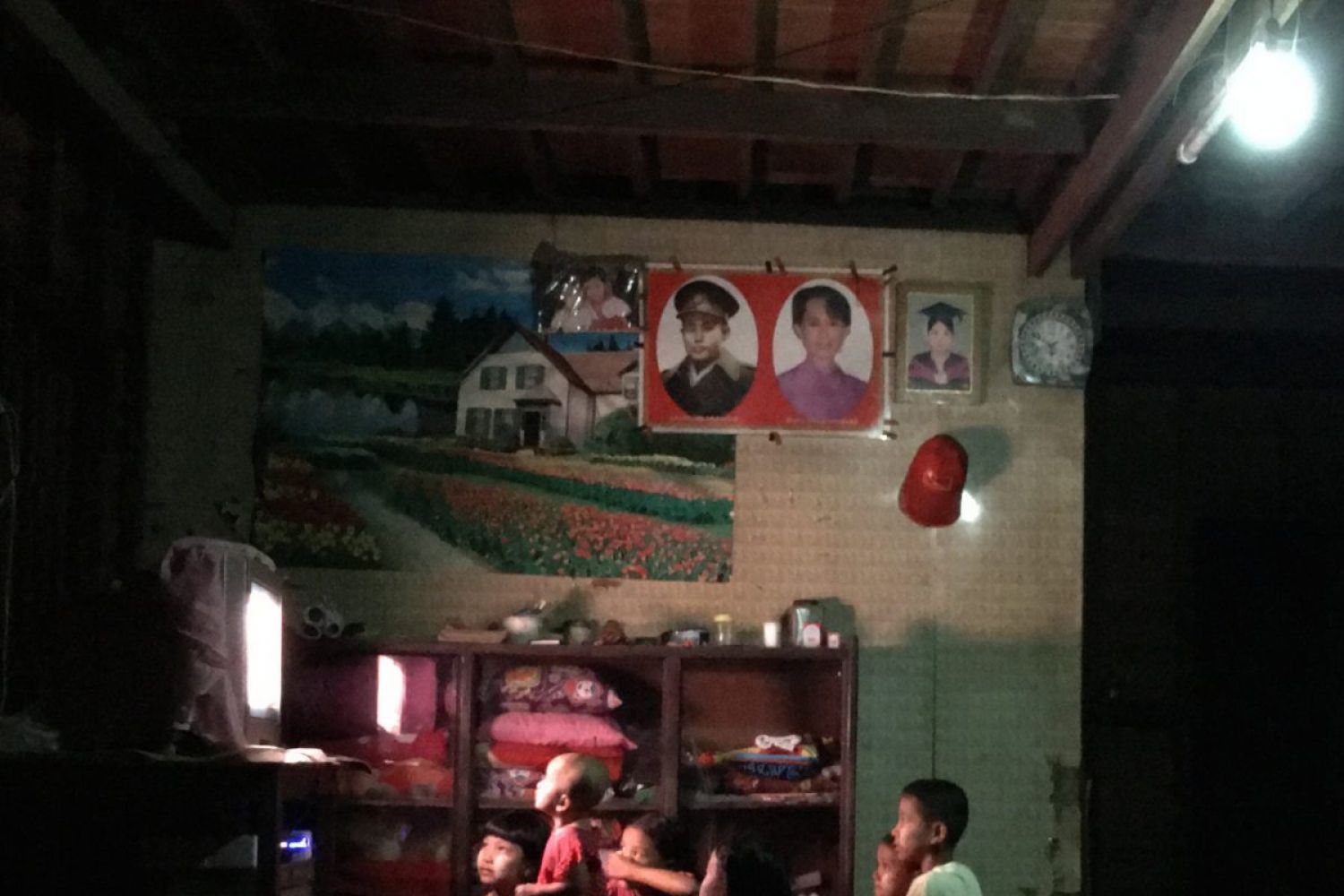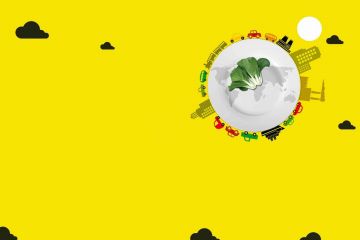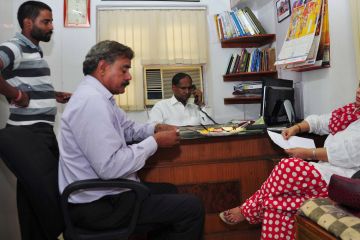
Everything possesses an air of novelty in Yangon, even the
opening of a new bar. In the heart of the colonial downtown, journalists drink
with anthropologists, architects share popcorn chicken with development
specialists, and waiters serve drinks whose names they can’t pronounce. The
bar, named Father’s Office, is a tribute to General Aung San, father of modern
Burma (now Myanmar) and father to Daw Aung San Suu Kyi. It is also a tribute to
a new chapter in Myanmar, where the proprietor





